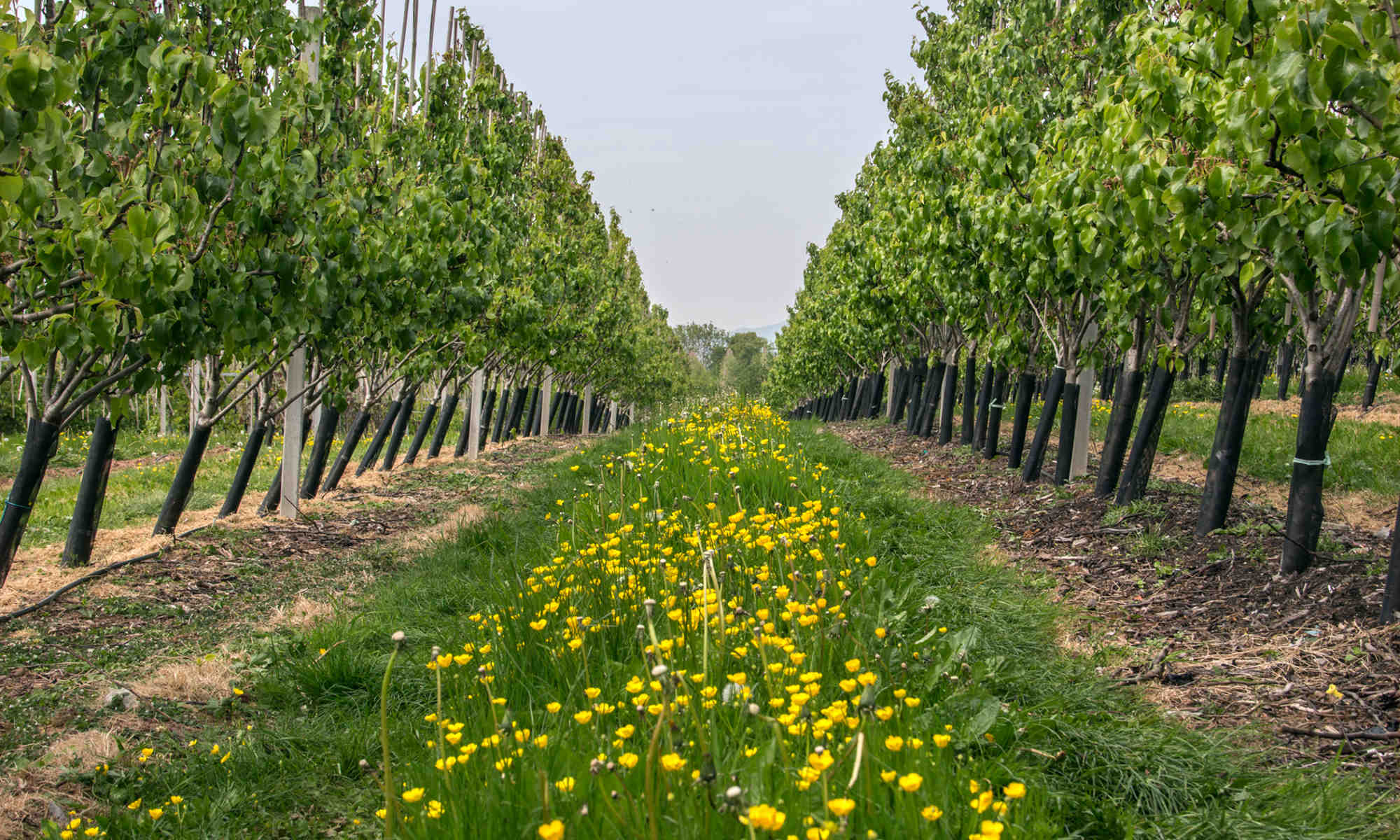 Every day there seems to be something in the Media about eating meat. We are being encouraged to eat less meat (IPCC Report 2019) to reduce carbon and methane emissions. But reducing Co2 is so much more complicated. Emissions from rearing animals, particularly cattle for meat and dairy consumption may account for some 14% of the total created by us. This is an international figure though, and may not be true for the UK.
Every day there seems to be something in the Media about eating meat. We are being encouraged to eat less meat (IPCC Report 2019) to reduce carbon and methane emissions. But reducing Co2 is so much more complicated. Emissions from rearing animals, particularly cattle for meat and dairy consumption may account for some 14% of the total created by us. This is an international figure though, and may not be true for the UK.
If you saw the BBC documentary on Monday 25th November, “Meat, a Threat to our Planet”, you may have been put off eating meat ever again. It was horrific to see vast herds of cattle and huge numbers of intensive pig farms which feed the American appetite for meat, and the ecological consequences of this. It is shocking to see farmers burning Amazon rainforest so that they can rear beef cattle, and the precious Sierra in Brazil being turned over to grain to feed these animals. Industrial scale “factory” farming like this produces cheaper meat and it is this that we need to stop eating. So let’s not eat meat from America or Brazil, but let’s continue to support our local meat producers. Our carbon footprint and farming practice is nothing like that of the Americas. Small scale pasture-reared meat is high in nutritional value and low in carbon footprint.
The “carbon footprint” of small-scale meat production is offset by grass and hedgerows which fix carbon from the atmosphere. These farms have high levels of animal welfare and sustainable farming practices. They are aware of the importance of biodiversity. They want to maintain the land that defines English landscape, and this is good for the planet. Did you know that grass fed beef produces lower methane emissions than indoor-reared, grain-fed beef? And animals which eat grass take in essential nutrients from the soil which are passed on to us when we eat the meat, so it is good for us (in moderation). This range of nutrients is not available from meat reared indoors or on an industrial scale because it is fed primarily on grain.
 Channel 4’s “Climate Change Election Debate” on Thursday 28th Nov raised the same issue. In some parts of the country, including our own county, poor soil and damp weather means the land is best suited to sheep or dairy farming. These farmers take care of their land and its ecological balance to survive. The importance of good husbandry, reversing the degradation of our soil, maintaining hedgerows, planting mixed woodland and encouraging biodiversity are all high on this political agenda. All parties agreed that we would lose the biodiversity that already exists if small-scale local meat production ceased. Pasture-fed not grain-fed, humanely and sustainably reared is the way forward – and Herefordshire has an abundance of small farms doing this!
Channel 4’s “Climate Change Election Debate” on Thursday 28th Nov raised the same issue. In some parts of the country, including our own county, poor soil and damp weather means the land is best suited to sheep or dairy farming. These farmers take care of their land and its ecological balance to survive. The importance of good husbandry, reversing the degradation of our soil, maintaining hedgerows, planting mixed woodland and encouraging biodiversity are all high on this political agenda. All parties agreed that we would lose the biodiversity that already exists if small-scale local meat production ceased. Pasture-fed not grain-fed, humanely and sustainably reared is the way forward – and Herefordshire has an abundance of small farms doing this!
Meat is not bad for us if it is part of a balanced diet. It is not bad for the planet if it is reared with good farming practice.
So, why not try some locally produced pasture-fed meat and taste the difference. You can find it in the Ledbury Farmers’ Market this Thursday at The Barn from 6 to 8 pm – and you can order for Christmas too. (including Turkey, Goose, Beef, Lamb, Cockerel, Pork Pies and other produce from the market).
References –
Channel 4, Climate Change Election Debate – Thursday 28th November
“Pig” – Helen Browning (Exec. Director of the Soil Association)


